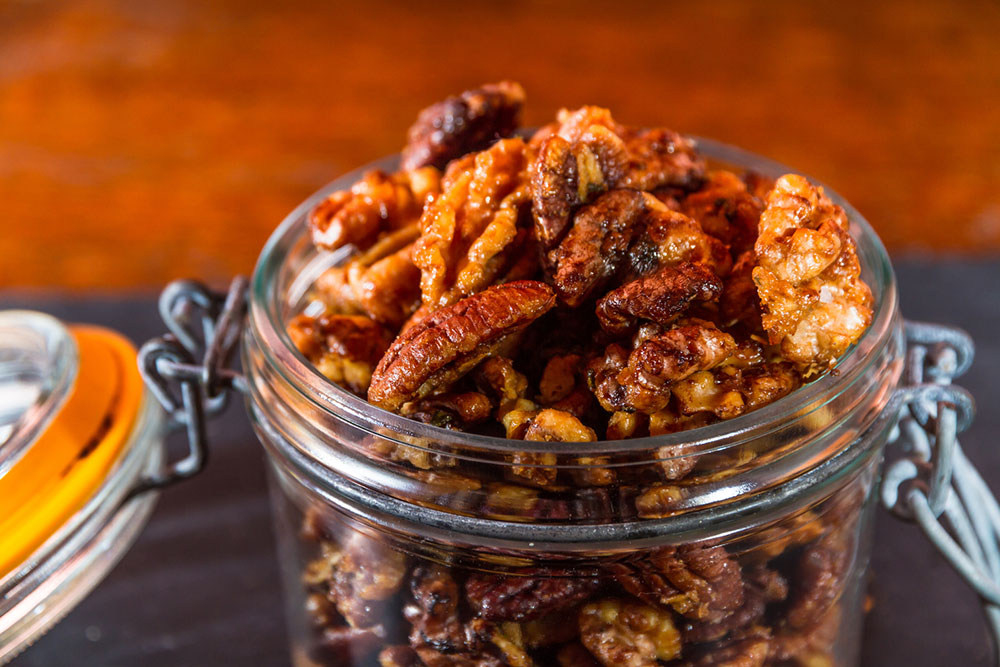Dietary Restrictions for Managing Rheumatoid Arthritis
This article highlights key dietary habits for rheumatoid arthritis management, emphasizing foods to avoid such as red meats, processed foods, and sugary items. It underscores the importance of an anti-inflammatory diet, limiting salt and unhealthy fats, and avoiding alcohol to improve health outcomes and reduce flare-ups. Proper dietary choices complement medication in managing symptoms effectively.
Sponsored

Foods to Limit or Avoid with Rheumatoid Arthritis
Managing rheumatoid arthritis often requires a comprehensive approach, including medication and dietary adjustments. While no specific diet can cure the condition, certain foods can worsen symptoms or cause flare-ups. It’s vital to identify and avoid these triggers to improve overall comfort and health. Here’s a guide to foods that should be limited or avoided by individuals with rheumatoid arthritis.
Red meats and Full-Fat Dairy
High in saturated fats, these foods can promote inflammation in body tissues. It’s beneficial to reduce intake of red meats, full-fat cheeses, and creamy dairy products.
Omega-6 Fatty Acid-Rich Foods
Oils like corn, safflower, sunflower, and soy contain omega-6 fatty acids, which can contribute to inflammation and weight gain. Instead, incorporate omega-3 sources such as flaxseeds, walnuts, and fatty fish to support immune health.
Processed, Fried, and Fast Foods
These foods often contain trans fats that can worsen joint inflammation and elevate bad cholesterol levels, intensifying rheumatoid arthritis symptoms.
Salt Consumption
Excessive salt can increase blood pressure and interfere with medication effects by promoting water retention. Limiting salt intake to under 1500 mg daily is recommended for managing symptoms.
Sugar and Sugary Products
Sugar prompts cytokine production, which enhances inflammation. Avoid foods with sucrose, fructose, or high sugar content to help control symptom flare-ups.
Note that alcohol combined with rheumatoid arthritis medications can lead to adverse effects like ulcers, bleeding, or liver damage, so consumption should be cautious.






